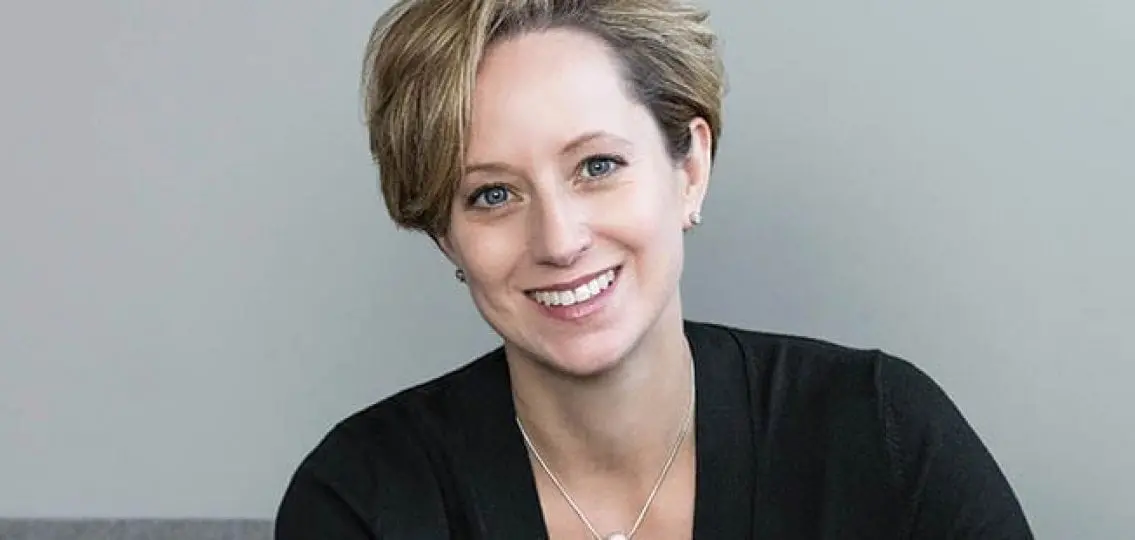January 2, 2018
Lisa Damour, psychologist and author of the award-winning Untangled, is one of our favorite parenting experts. Damour is a regular contributor to Your Teen, creating articles and videos about raising teens. She provides expert advice on teenager behavioral and psychological issues concerning everything from messy rooms to cell phone usage.
When it comes to parenting teens, Damour has words of wisdom to share on a variety of topics. We’ve compiled a survival guide for teen parenting, with highlights from Damour’s contributions to Your Teen.
| [adrotate banner=”160″] |
Lisa Damour’s Parenting Articles
1. Middle School
- Damour details 10 different situations to expect from a middle schooler in this handy guide. It covers everything from phones to crushes, and provides examples of good parental responses and bad ones.
2. Technology
- On a Your Teen webinar about technology, Damour provides professional insight for those who are parenting teens. Parents can certainly limit cellphone usage. But Damour suggests having a meaningful rationale. Consider what the technology interrupts in order to be able to provide a reason for limiting use. For instance, she suggests explaining to children that they can’t use cellphones before bed because it interferes with sleep.
3. Teen Social Life
- In response to a worried parent’s question, Damour discusses how to talk to a daughter about a worrisome boyfriend. Damour says the parent shouldn’t ban contact with boys, but should express their concerns in a thoughtful way.
- Damour breaks down the social system of mean girls. Being mean can be a quick way to gain social power and popularity. Popularity isn’t always based off of being liked. Often popularity is connected to social control.
- Taking a summer off can be desirable for teens, but Damour advises against it. She says that adding structure to a summer is extremely beneficial, whether it be through a job, volunteering, or activity. Structure is an important piece of parenting teens.
4. Bullying
- Exclusion is not necessarily bullying, Damour says, but young girls should learn to include others during school play times. She adds that exclusive small group hangouts should occur after school, to avoid feelings of exclusion by other classmates.
- Defending other peers in a bullying situation can be difficult; Damour provides advice on how parents can teach kids to help when they overhear gossip.
- Handling a bullied child is never easy, especially when a parent is friends with the bully’s parent. Damour weighs in on how to carefully steer a necessary conversation to avoid any argument.
- Damour put together a helpful guide in response to a parent’s question on how teens should respond to bullying. In it, she suggests three effective approaches to improve the situation.
- For parents who suspect that their child may be bullied, Damour provides helpful tips on how to find out if that suspicion is true. If there are signals like dropped grades or bad attitudes, Damour says it’s serious and usually not a part of normal childhood. Take that seriously.
5. Sleep
- Healthy sleep practices are crucial for developing teens. Damour shows how parents can get their children to rest for the right amount of time, and also how to develop good sleep hygiene habits like turning off electronic devices and not staying up too late.
6. Cleanliness
- In this four-part video series, Damour talks about messy rooms and how best to discuss messy situations with children. Try to avoid the constant pushing to clean their rooms. Instead, it may be more productive for parents to see their child’s bedroom as a space where the child can practice how to organize their belongings. She says there are different levels of messiness, and that a hard line should be drawn when it comes to rotting food, but perhaps not with clothes on the floor.




